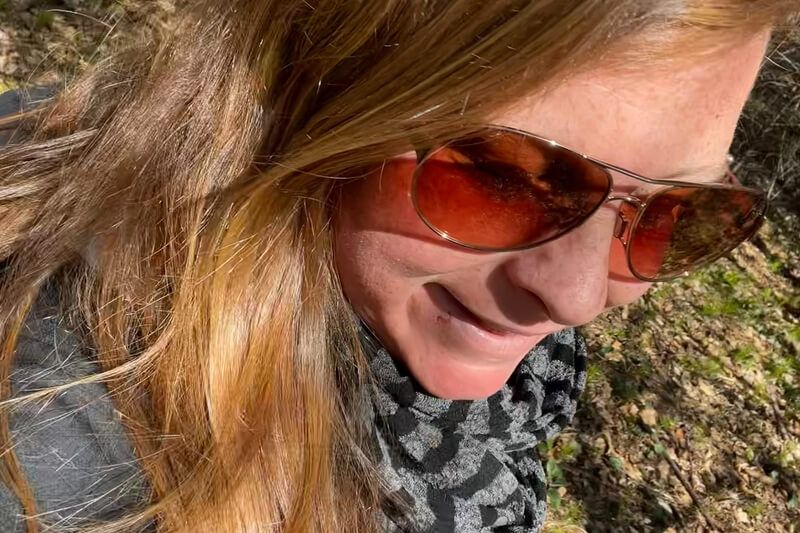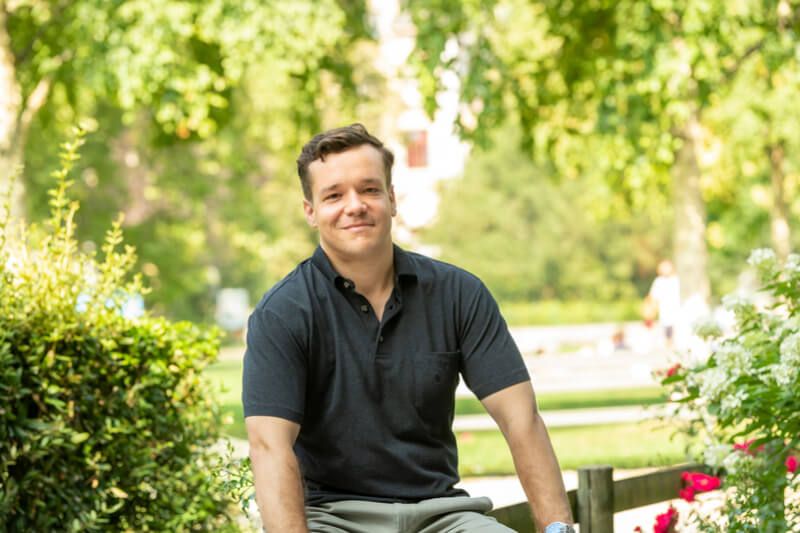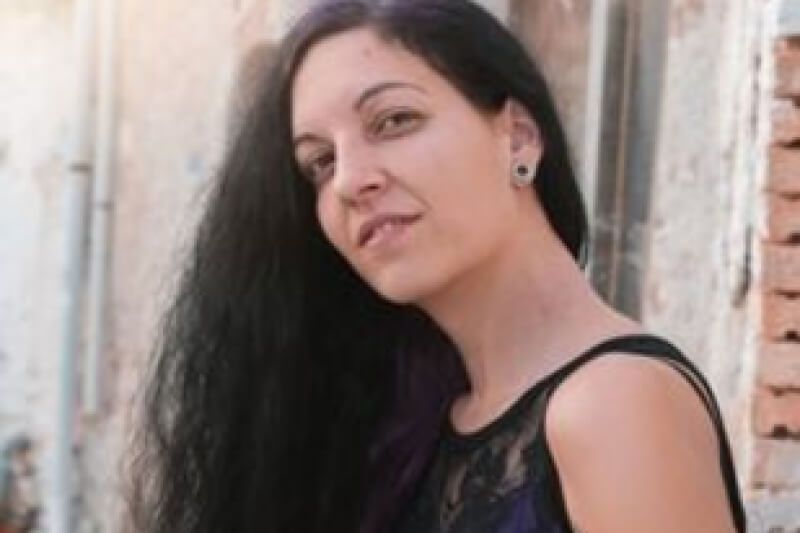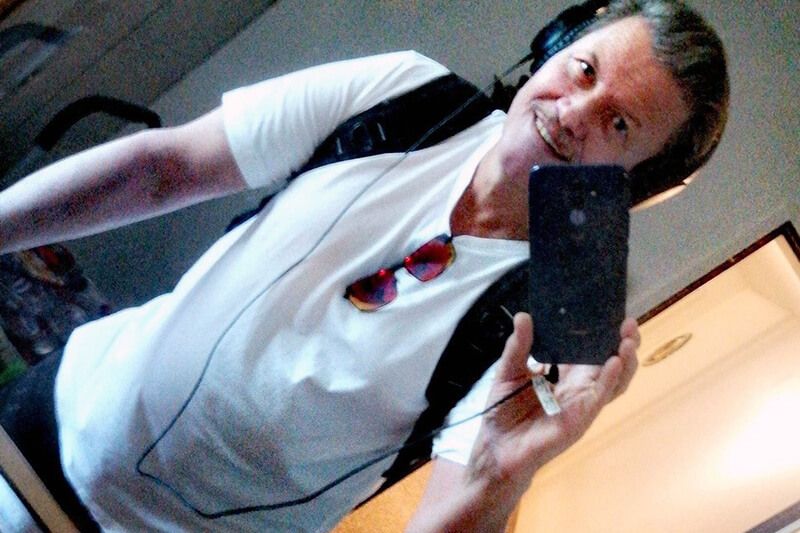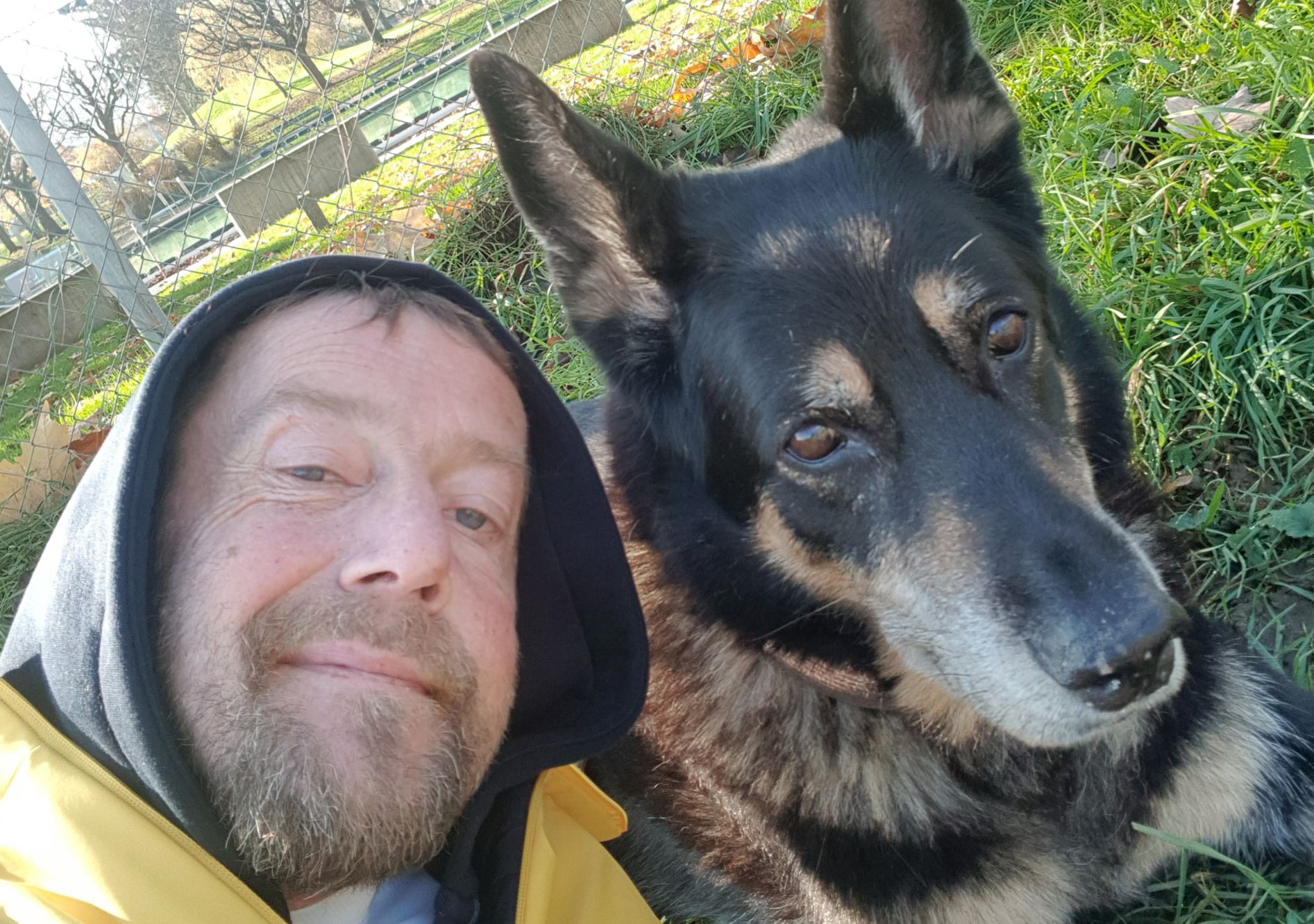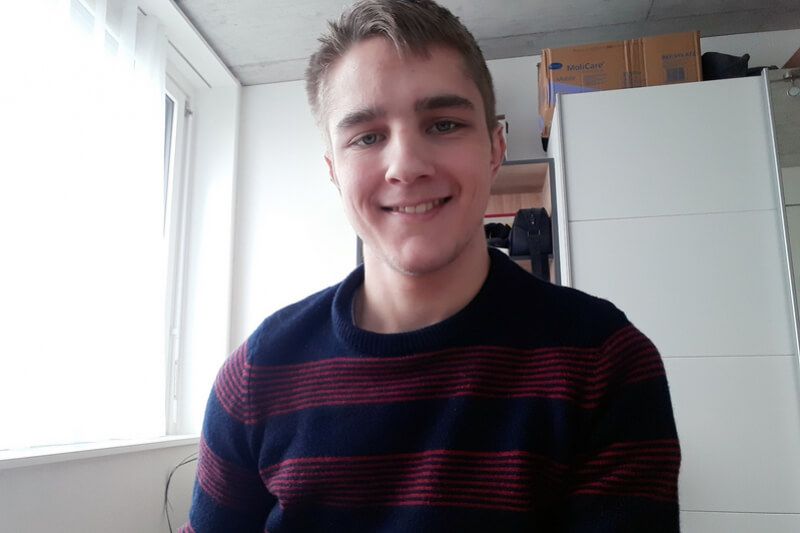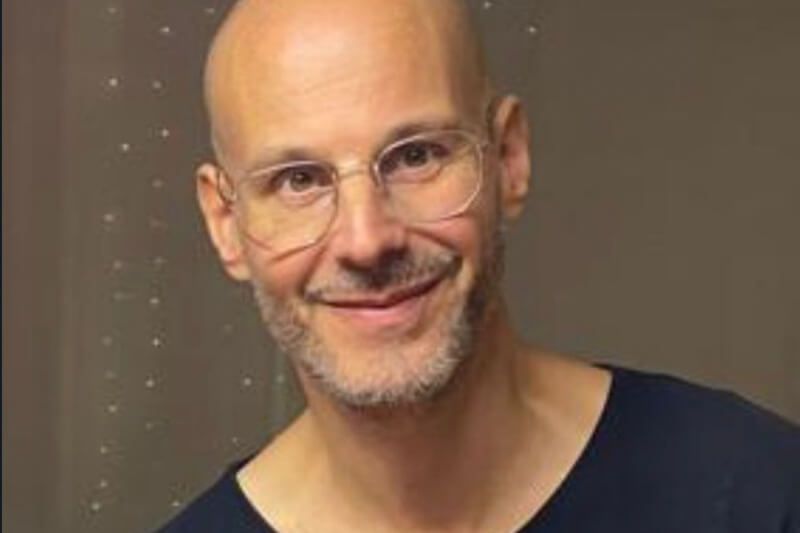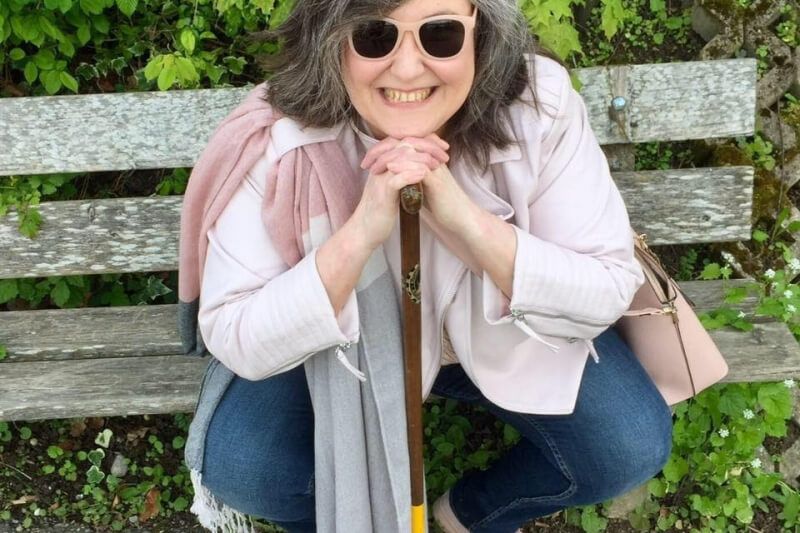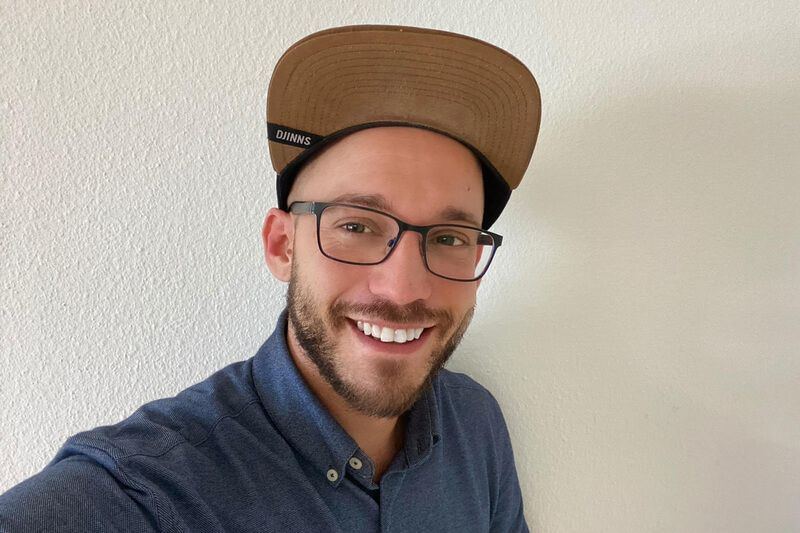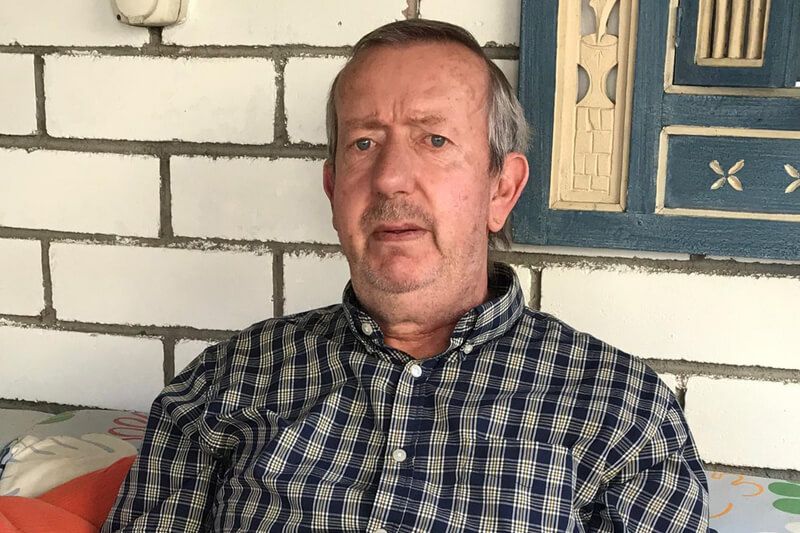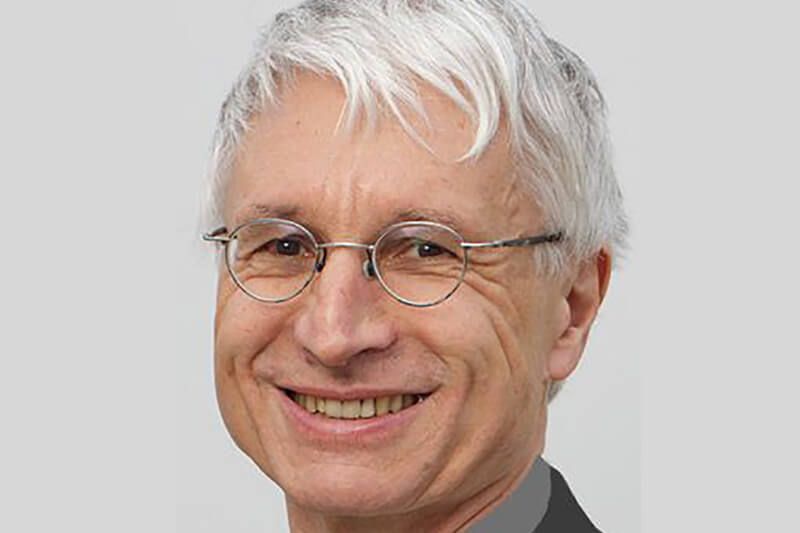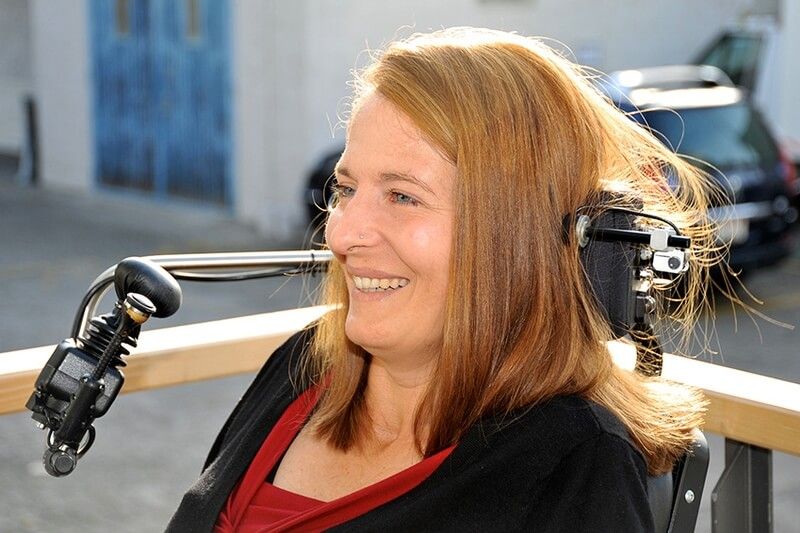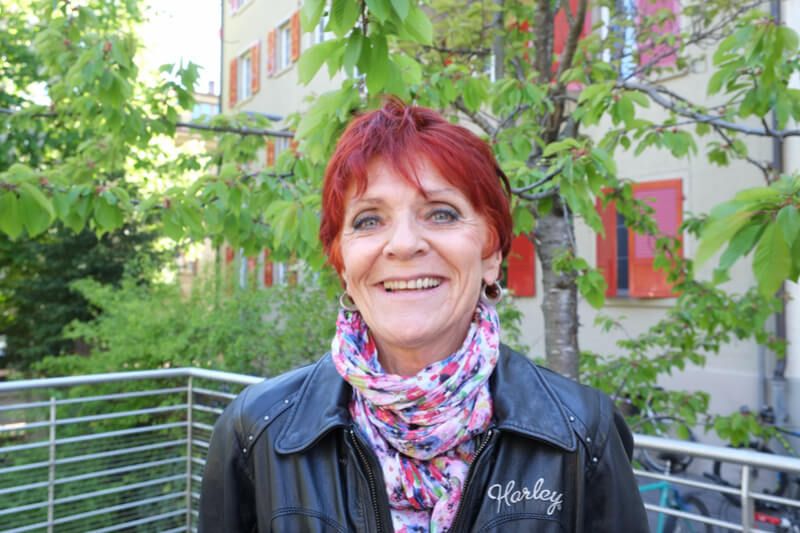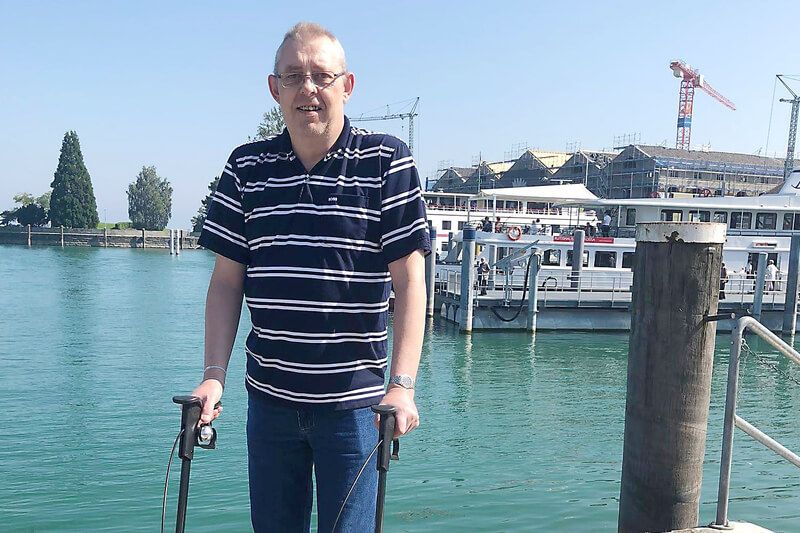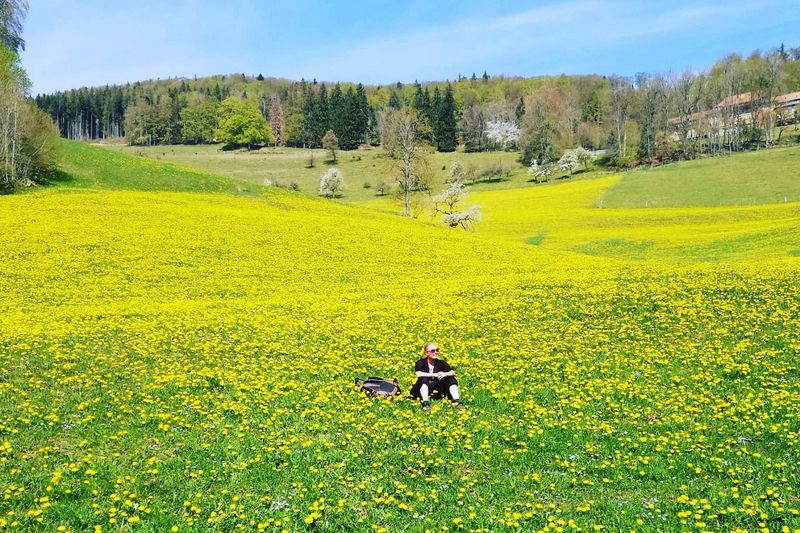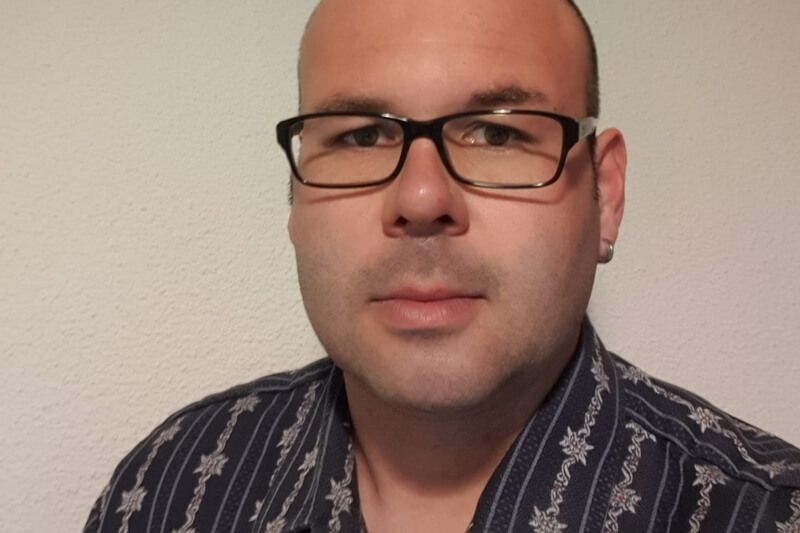Ava
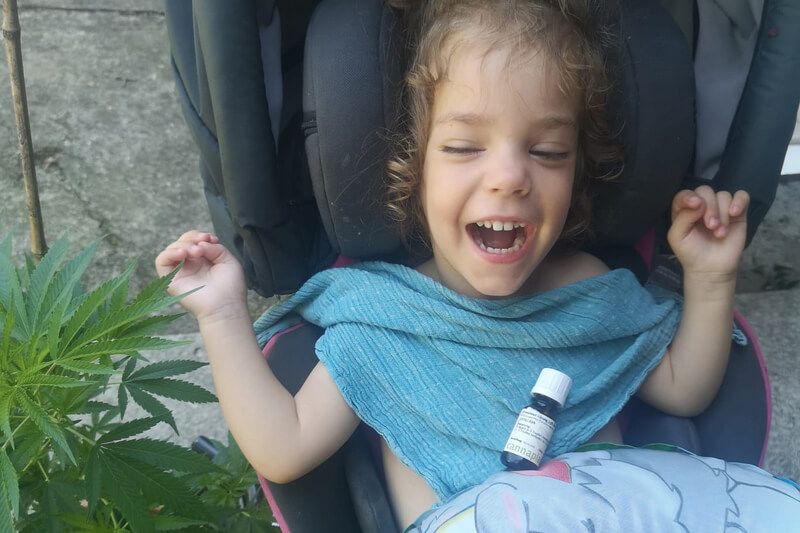
“The hurdles before a child can be treated with THC drops are far too high.” Rebekka L., mother of Ava
Mama Rebekka fills up the pipette and puts three droplets of the cannabis drug dronabinol into Ava's mouth. The little girl is currently receiving this natural medicine three times a day: her condition has improved greatly since then. But first:
Ava and her twin sister Lia were eagerly awaited: “Everyone around us, including the two older siblings, were really happy when I became pregnant again. Twins! How nice to imagine how the two of them would grow up, play and learn together,” says mom Rebekka L. But unfortunately fate says otherwise. The twin girls were born far too early. Because they are still far too small, the girls in the neonatal ward are provided with artificial oxygen and a gastric tube. After two days the shock: Even though she was the bigger one, Ava's lungs collapsed on the second day after birth. “We were so worried. Rebekka and I took turns manning our two girls' incubators. They were so tiny, but they fought bravely and wanted to live ,” remembers dad Martin Z. (49).
A good and a bad news
Around a week after birth, the doctors carry out a routine skull ultrasound on the twins. The good news: Lia is healthy. The bad news: Ava's ultrasound shows abnormalities. A black spot can be seen that is getting bigger day by day. “The spot kept getting bigger. The doctors couldn't do anything. “We could all just watch helplessly as Ava’s brain was damaged,” says Rebekka, looking back sadly. Further testing reveals that Ava has Cystic Periventricular Leukomalacia (see box below). Either before or after the pregnancy, some parts of Ava's brain were not properly supplied with oxygen and the so-called white matter was damaged. This is a terrible message for the family and those around them that raises many questions: How severely would Ava be disabled? How would it develop?
In the following weeks and months, the consequences of Ava's birth defect become apparent: While her twin sister learns to sit, eat, crawl and ultimately walk independently, little Ava has motor problems on both sides and is cognitively impaired. She also has increased muscle tension and as a result – most likely painless – spasticities. Ava is also visually impaired and can only vaguely perceive her surroundings in black and white. « For us as a family, especially for me, it was initially very difficult to accept that our two twin girls would lead very different lives. But the most important thing for us is that they both become happy ," says Rebekka.
Best possible support for Ava
And the family does everything for that. From the start, Ava receives physical therapy, occupational therapy and low vision therapy at home. In the latter case, your existing vision is specifically promoted. In 2019, the SRF program “Happy Day” surprised the family and gave the family several daylight lamps that pleasantly illuminate all the important rooms as bright as day. This has been very helpful in the progression of Ava's low vision therapy. Rebekka and Martin also practice with Ava every day: " It is crucial for Ava's development that her brain is stimulated as often as possible by external stimuli - be it movements, words, music or visual exercises ," says Martin. And the therapy helps: Ava develops at her own pace, making small progress - while her twin sister Lia is outpacing her in giant steps in her development.
Pioneer family in cannabis therapy…
Early on, her parents decided to try cannabis therapy for Ava. While they are largely met with ignorance and lack of understanding from doctors, the Egg Pharmacy in Muri (AG) . From the age of two, Rebekka and Martin gave their Ava CBD drops several times a day to combat her spasticity - with success. Since autumn 2021, Ava has also been given Dronabinol, which contains THC. In order to legally treat Ava with the drug, Ava's parents convinced Ava's neurologist to submit an application to the Federal Office of Public Health (BAG). Taking dronabinol has had very positive effects on Ava's health: her spasticity has subsided as a result of the treatment, she has generally become calmer and is also able to pass stools, which is often difficult for children with her diagnosis, the association reported. “It takes an incredible amount of initiative and perseverance to be able to treat a small child with cannabis. There is hardly any information and research is literally only in its infancy. The potential is huge ,” says Rebekka about her experiences.
...and crowdfunding
Because Rebekka and Martin want to leave no stone unturned to improve Ava's health, they researched and found stem cell therapy in Bangkok / Thailand. But how were they supposed to pay for the $36,000 treatment? The family quickly started crowdfunding in 2019 and the amount was raised within ten days. Her family, friends, acquaintances, people from the village, the surrounding area or strangers who had heard about her story from many corners donated. “For example, a man from the village who was a stranger to us stood in front of our door with an envelope containing a donation of 2,000 francs,” remembers Rebekka and she almost tears up with emotion. And we get a lot of support in other ways too. Neighbors ask, for example: B. whether we also need something when they go shopping. We really appreciate this help.”
Things are moving forward with Ava
Due to the corona pandemic and the strict Thai entry regulations, Rebekka was only able to travel to Thailand with Ava for stem cell therapy in spring 2022. The two spent the first ten days in Corona quarantine on the holiday island of Phuket. Ava then received adult stem cells a total of eight times at intervals of three days – a total of around 1.6 million. The stem cells were administered five times via lumbar puncture in the lumbar region and three times intravenously. They are able to form skin, blood, muscle, bone cells and much more. And they can also become neurons in the brain – the great hope for Ava.
In addition to stem cell therapy, Ava received intensive physical, occupational, visual and water therapy in the Thai special clinic. «The stay in Thailand was exhausting for both of us, but also incredibly valuable. Ava can now reach, lift her head, better control her trunk and has made cognitive progress. She is the same Ava and yet a new Ava,” enthuses Rebekka. Especially in the weeks after returning from Thailand, Ava continued to make progress every day. Switching to protein-rich, sugar-free foods is also good for her.
After an anxious wait, around three months after the stem cell therapy, the family received one of the rare places in the neurological children's rehabilitation Switzerland in Affoltern, which is part of the University Children's Hospital Zurich. This was extremely important because the first few months after stem cell therapy are very valuable for further progress in therapy. After an exhausting adjustment phase, during which Rebekka and Martin took turns with Ava in the clinic and friends and family stepped in to look after her other three children, the little girl has settled in. The intensive all-round support is bearing fruit: Ava recently picked up and ate a cracker on her own for the first time.
Wishes for the future
Thanks to the progress in therapy and cannabis therapy, the family has hope that Ava's condition will continue to develop positively. They would like to make politicians more responsible: “It would be nice if it would be easier for parents like us to try out cannabis therapy with and for their child. There is also a lot of catching up to do when it comes to medical support from doctors. In addition, more rehabilitation therapy places for children like our Ava would be needed. There is just a lack of political will to adequately accompany and care for people like Ava. It is all the more important that there are organizations like medcan.ch that lead the fight for us!”
“Our example is intended to encourage other families to try cannabis therapy for their child.”
Rebekka L., mom of Ava
Take part in Ava's life or donate to the disabled-accessible conversion of the family home:
www.4ava.ch
You can also find out what else Ava is experiencing on Facebook:
www.facebook.com/4ava.ch

